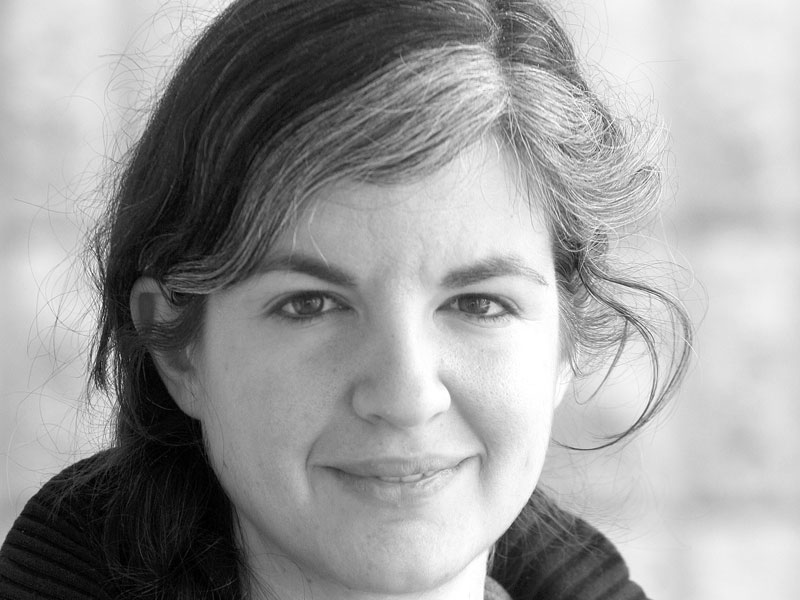Columnists
Bleeding out

I caught up with an old friend the other day. She had come home for a few weeks before moving to California to start a new job.
After updating each other on our lives and having a bit of a laugh, I asked her a burning question: Why California?
From a young age, my friend wanted to be a reconstructive surgeon. She grew up in Toronto, got her degree in London and then studied to become a physician in Hamilton. That’s also where she completed her residency. Last year, she moved to Arizona for a fellowship.
Now, she is a fullfledged surgeon, able to work without the supervision of older, more experienced doctors. In fact, the health system she is working for is part of the University of California and there will be future doctors contacting her for advice.
But while the opportunity seemed fantastic, and she is a dual citizen, it concerned me that a person raised and trained in Canada would prefer the American healthcare system. I needed to know why.
The answer surprised me. I often hear comments about doctors who prefer the American system because they can make more money, a cynical reason to say the least, since even Canadian doctors make well above the average income.
It’s true, she said, that a job as a surgeon in Canada wouldn’t leave her scrambling to pay the bills. And she conceded her job in California would pay more. But that, she said, wasn’t the point.
In Ontario, the public health system is built with a thick layer of bureaucracy whose stated purpose is to ensure costs stay down.
But for a surgeon beginning their practice, that means very little financial resources for staff and equipment.
A hospital job would be an option, but she would be on a call-list, given weekend and evening shifts, not able to do more than examine and refer patients.
There would be no quality of care, no follow-up and very little practice. That was not why she spent years training to become a surgeon.
She had been frustrated, while in training, by the way that bureaucracy seemed to do very little to save money. She described situations in which, in order to avoid paying nurses overtime, a surgery that would have been scheduled for one day was pushed off for the next, or even the next week. The surgery budget would appear to have saved money, only for that cost to come out of the inpatient budget, as a patient would take up a bed and require nursing care for those few extra days.
There are, of course, flaws with the American system. She says patients there, not being literate in managing their care, allow doctors to recommend pricey and unnecessary procedures or extras. And there is an inequality that is not seen in Canadian healthcare. But at least in California, she will be able to do the work she spent so long training to do.
Healthcare is, of course, an expensive business. And offering a public healthcare system is not an easy job. But its flaws have sent off at least one Canadian surgeon. Likely numerous others.

Comments (0)